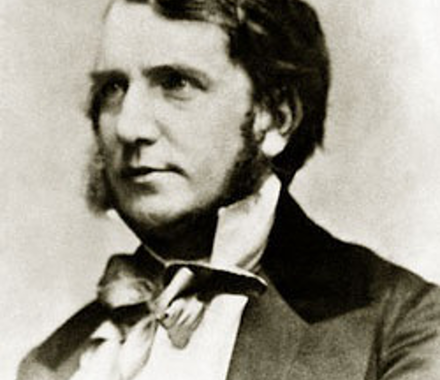Today, it might seem like the vampire genre has gone stale. Much of the genre now consists of cheap storylines that rely on overused, often misogynistic, tropes. However, this has not always been the case. When the genre was first getting started, it took quite a few writers to figure out what the vampire story was exactly. One of those writers was J. Sheridan Le Fanu, and his most famous tale was Carmilla.
Written in 1872, Carmilla predates Bram Stoker’s Dracula by twenty-five years. The story follows a young woman named Laura who lives with her father in a castle in Styria. She and her father live a peaceful life until they are left to care for a young woman named Carmilla after a tragic accident. From that moment on, Carmilla and Laura develop a unique bond over the course of the story.
One of the strongest parts of the story is its atmosphere. Le Fanu takes his time with his descriptions, making each sentence sing with his lyrical prose. As a result, he builds an atmosphere of impending doom and dread, patiently waiting for the correct moment to reveal that Carmilla is a vampire that is slowly preying on Laura.
What makes Carmilla different from most vampire stories of the time is that it explores themes of sexuality and attraction. When reading the book, it is obvious to see that there is some sort of unspoken attraction between Carmilla and Laura, as many of their interactions are laced with sexual innuendo and undertones.
“It was like the ardor of a lover; it embarrassed me; it was hateful and yet over-powering; and with gloating eyes she drew me to her, and her hot lips traveled along my cheek in kisses…”
While this representation is by no means perfect – Carmilla is still hunted down and killed at the end – this exploration of sexuality was pretty radical for the time, as it relied on female characters to drive the story forward. Meanwhile, in Dracula, it is the men such as Jonathan Harker and the Count himself that drive the plot.
Furthermore, Laura was asked to write her account by a male doctor. The fact that she is as honest as forthcoming in an account that will be read, edited, and published by men is in itself a bold and empowered act for the 19th century.
In conclusion, Carmilla is a short yet endlessly fascinating tale about seduction, vampirism, and death. It explores themes that were relatively revolutionary for the time and has influenced the horror genre to this day.

